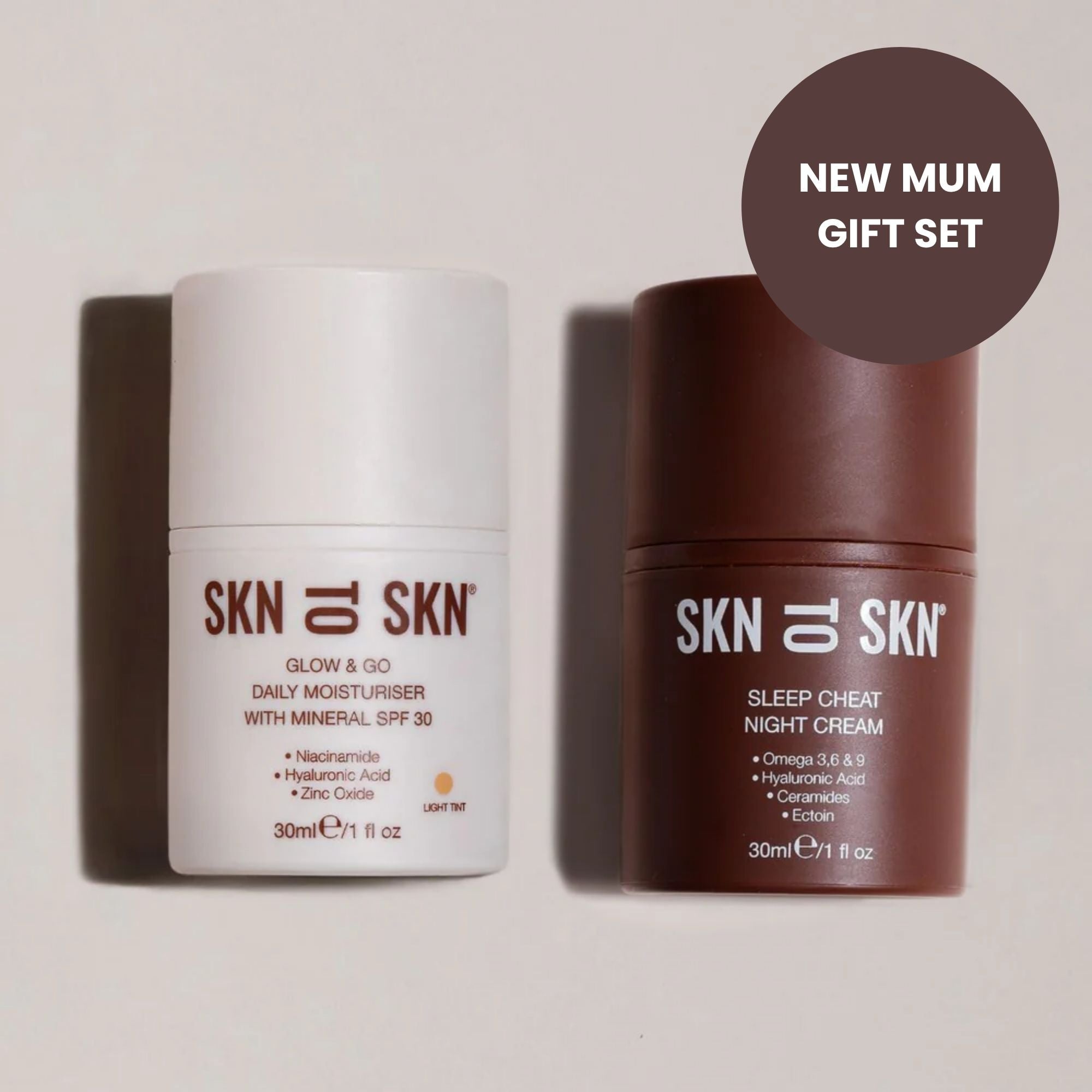Up to 90% of pregnant women experience some kind of skin change (benign physiological changes, worsening of pre-existing conditions, or pregnancy-specific skin dermatoses) according to a 2025 MDPI article.
It might surprise you how common skin dryness and sensitivity are during pregnancy, even though you don’t often hear people talk about it. In this episode of Expert Insights, Dr. Raj Arora breaks down why these changes happen, why they’re so widespread, and what you can do to keep your skin comfortable and healthy.
Why Does Your Skin Become Dry & Sensitive?
During pregnancy, your body undergoes a surge of hormonal changes - particularly increases in estrogen and progesterone. These fluctuations affect how your skin behaves. Higher hormone levels can stimulate your oil glands, which may lead to breakouts or an oilier complexion. At the same time, changes in your skin barrier function can cause dryness, irritation, or increased sensitivity. Some people even experience all three at once.
These shifts are completely normal, but they can feel uncomfortable. When you notice your skin reacting, it’s a good opportunity to reassess how you’re caring for your body - choosing gentle, nourishing products and giving your skin the extra support it needs during this unique time.
What Can You Do To Improve Dryness & Sensitivity?
Professionals generally recommend starting with a gentle, non-stripping moisturiser as soon as you notice these changes. If your routine includes harsh exfoliants, strong acids, or other potentially irritating products, it’s best to scale back. The focus during this time should be on replenishing and protecting your skin barrier - so prioritising hydration with a soothing, hydrating moisturiser is key.
What Ingredients Should I Be Looking Out For In?
- Hyaluronic Acid
- Ceramides
- Azelaic Acid
Final Thoughts
If you’ve made these changes and your skin still feels dry, flaky, or tight, it’s important to speak with your GP or a skin specialist. They can assess what’s really going on and may recommend additional treatments. In some cases, prescription topicals, such as mild steroids, are needed to properly manage these symptoms.
 Written by Dr Raj Arora, SKN TO SKN GP Advisor
Written by Dr Raj Arora, SKN TO SKN GP Advisor




